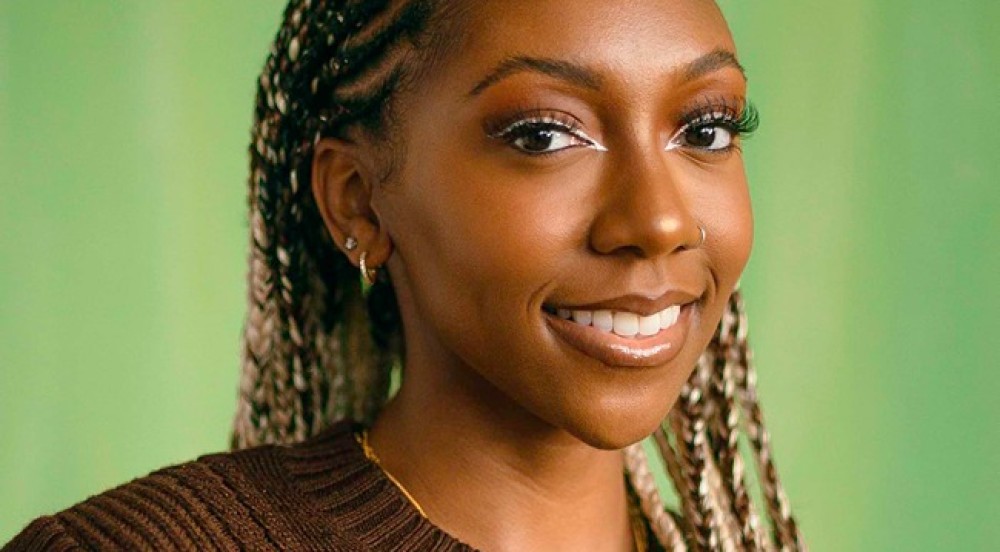There are multiple ways to adapt to sustainable ways of living. It might be done through water conservation efforts, minimizing waste in your home or by striving to only buy from businesses that practice fair-trade systems. But what about faux hair used for braiding?
While extension hair is is great for protective styling, after usage, many of it goes to waste and ends up sitting in landfills.
Enter Rebundle into the sustainability conversation.
Ciara Imani May is the founder of the first ever plant-based faux hair brand Rebundle. Through innovative technology and the repurposing of biopolymers and naturally extracted banana fiber, Rebundle's hair allows for more comfort during wear and less waste after use. The company's plant-based hair—which it calls braidbetter—is made from naturally extracted banana fiber and formulated to match textured hair with none of the ingredients appearing on California’s Prop 65 list of banned chemicals. Since the inception of the company, May has raised $2.1M million toward the brand's efforts and is working to make the haircare space more sustainable by reimagining the future of hair extensions with a safe and non-toxic alternative to traditional hair extensions.
Below, the hair innovator shares with us how what we put on on head also affects our health and the planet.
EBONY: What inspired Rebundle’s mission of sustainability?
Ciara Imani May: Back in the summer of 2019, I was trying to adopt a more sustainable lifestyle after learning about the circular economy and zero waste. I realized that I could never truly be sustainable if I didn't address the waste my haircare routines created; therefore, I recognized that other Black women who wore braids were probably having a similar experience as me. This meant Rebundle had to address both the health and environmental disparities in the hair extensions industry and create an alternative that was better for your scalp and equally better for the environment.

On the road to sustainability, what challenges have you faced?
Sometimes, for something to be deemed sustainable, the stakes can be low. While many companies may mean well, greenwashing is real. It can be difficult to navigate what is truly sustainable versus what is not, so I have to take an extra step and research a brand or a product to understand just how sustainable it is. Thankfully, this extra step has trained my mind to think about people and the planet first, which forces my team to expand their thought processes, too, and to make better decisions across the company. We've learned about so many cool and innovative companies around the world that are just as committed and passionate about building the sustainable future that we want to see.
Faux hair extensions can be largely toxic due to the coating used for preservation which can cause allergies and be detrimental for those who wear it. Can you talk about the testing process you underwent before deciding upon materials used for Rebundle’s hair?
In addition to carefully sourcing our ingredients, we underwent lengthy testing to confirm that our products were safe for the skin. Braidbetter is microbiome friendly, which is a certification for maintaining a healthy skin microbiome. We also tested the products for toxicity and formaldehyde, basically any toxins we could screen for we could. And these all came back negative.
Why are Rebundle's products ecologically and sustainably better for longer term usage?
Utilizing waste diversion, we dramatically decreasing the health and environmental impact of hair extensions in the industry. Through our recycling program, we collect plastic synthetic hair to decrease the time it spends in landfills. This hair is then recycled to create outdoor furniture, decking and more. Currently, we have collected almost 400 pounds of synthetic hair to be recycled.













